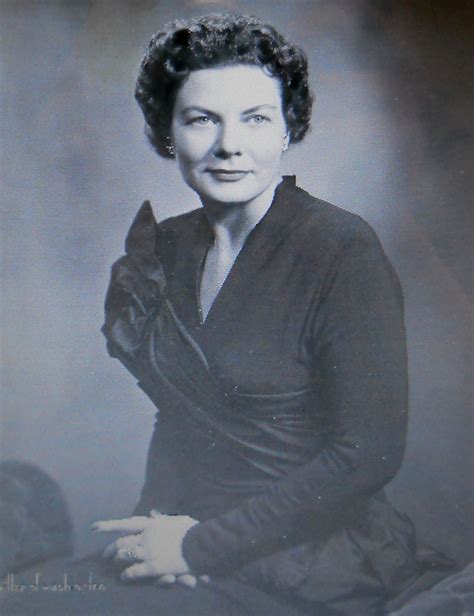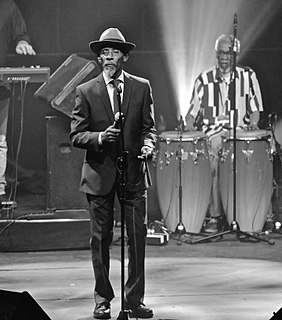A Quote by Franz Kafka
What is written is merely the dregs of experience.
Quote Topics
Related Quotes
We know that attention acts as a lightning rod. Merely by concentrating on something one causes endless analogies to collect around it, even penetrate the boundaries of the subject itself: an experience that we call coincidence, serendipity – the terminology is extensive. My experience has been that in these circular travels what is really significant surrounds a central absence, an absence that, paradoxically, is the text being written or to be written.
I can speak of my own criterion for judging whether or not a book is good or bad. I ask of it a single question, From how deep and true an impulse did it spring? Was it written merely to shock? Only to make money? Or was it written to create something more perfect and more lasting than the life experience from which it came?
Words are merely utterances: noises that stand for feelings, thoughts, and experience. They are symbols. Signs. Insignias. They are not Truth. They are not the real thing. In fact, you place so little value on experience that when what your experience of God differs from what you've heard of God, you automatically discard the experience and own the words, when it should be just the other way around.
Visionary experience is not the same as mystical experience. Mystical experience is beyond the realm of opposites. Visionary experience is still within that realm. Heaven entails hell, and 'going to heaven' is no more liberation than is the descent into horror. Heaven is merely a vantage point from which the divine Ground can be more clearly seen than on the level of ordinary individual experience.
Within a year after I write a play I forget the experience of having written it. And I couldn't revise or rewrite it if I wanted to. Up until that point, I'm so involved with the experience of having written the play, and the nature of it, that I can't see what faults it might have. The only moment of clear objectivity that I can find is at the moment of critical heat - of self-critical heat when I'm actually writing.
The entire object of true education is to make people not merely do the right things, but enjoy the right things — not merely industrious, but to love industry — not merely learned, but to love knowledge — not merely pure, but to love purity — not merely just, but to hunger and thirst after justice.
Strong emotional experiences are for the most part impersonal. Anyone who has hated another person so much that only chance stands between that person and death knows this, as does whoever has fallen into the catastrophe of a deep depression, anyone who has loved a woman to the dregs, anyone who has beaten others bloody or ever come up behind another person with muscles trembling. "Losing one's head," language calls it. Emotional experience is, in itself, poor in qualities; qualities are brought to it by the person who has the experience.
....the popular music of Jamaica, the music of the people, is an essentially experiential music, not merely in the sense that the people experience the music, but also in the sense that the music is true to the historical experience, that the music reflects the historical experience. It is the spiritual expression of the historical experience of the Afro-Jamaican.
Readers may be divided into four classes: 1) Sponges, who absorb all that they read and return it in nearly the same state, only a little dirtied. 2) Sand-glasses, who retain nothing and are content to get through a book for the sake of getting through the time. 3) Strain-bags, who retain merely the dregs of what they read. 4) Mogul diamonds, equally rare and valuable, who profit by what they read, and enable others to profit by it also







































